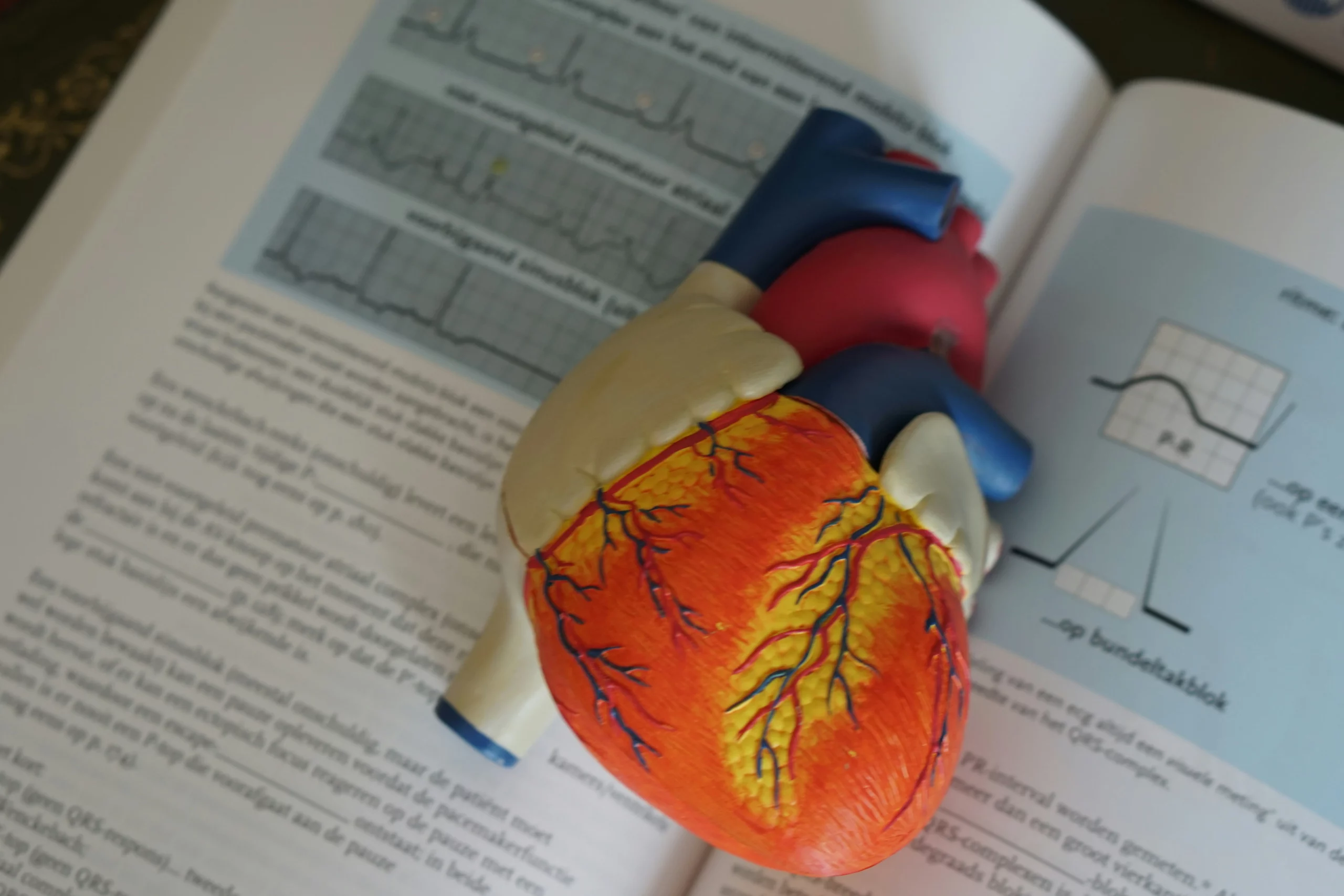Since February is designated as “Heart” month, and it’s the new year, I thought it would be fitting to talk about healthy habits we should consider to reduce our risk of developing heart disease, the leading killer in the U.S.
Although there are several factors that raise a person’s risk for getting heart disease, there are things that can be done to prevent heart disease, and even reverse it, in some cases. Lifestyle changes are hard for everyone, but even if you can change some of those “unhealthy” habits, that would be good.
- Increasing mobility on a regular basis is important. Inactivity has been linked to cognitive decline, frailty and weakness, and an increased risk of death. It’s important to move your body and increase your heart rate at least 150 minutes every week. That’s only 30 minutes, five times a week. And that 30 minutes does not need to be done all at one time. If you could add some strength training two times a week, that is a plus!
- Avoid drinking too much alcohol since it raises blood pressure, causes irregular heartbeats and can lead to heart failure (or weakening of the heart). The World Health Organization in 2023 suggests drinking “no alcohol” but if you do, the recommended limits in the U.S. are up to one drink a day for women and two for men.
- Make sure you are sleeping enough which is usually 7-9 hours per night. Lack of sleep is associated with diabetes and weight gain, which can negatively affect heart health. Untreated sleep apnea or poor quality sleep can lead to high blood pressure and abnormal heart rhythms which affect your heart.
- Aim to eat healthier. This includes fruits, vegetables, lean protein, nuts and whole grains. Recommended diets include the DASH (Dietary Approaches to Stop Hypertension) diet that is designed to prevent or treat blood pressure and is low in salt, added sugar, alcohol and processed foods, and is rich in vegetables, fruits, whole grains and legumes. Another “heart healthy” diet is the Mediterranean diet, which like DASH, consists mostly of plants, limited meats and focuses on the “good fats” like walnuts, almonds, olive oil and avocados. Other tips for healthy eating includes drinking water, avoiding sodas and sugary drinks, fried foods, excess salt and cholesterol. Portion control is also important.
- Staying social with others helps avoid the risk of heart disease. The U.S. surgeon general in 2023 reported social isolation and loneliness were associated with a 29% increase in the risk of heart disease, and a 32% increase in the risk of stroke. So, it’s important to stay connected to family and friends. Consider joining a social group, senior community, or volunteering. There are lots of places looking for volunteers like hospitals, churches, animal shelters, theaters, or community organizations.
- Avoid tobacco whether you vape, smoke cigarettes or cigars and avoid secondhand smoke. Tobacco damages blood vessels and causes plaque buildup which can cause abnormal heart rhythms, heart attack, and even heart failure.
- Minimize stress. Anxiety raises the blood pressure which can affect the heart. If you feel anxious, find something you enjoy that will help you calm down. Try meditating, praying, reading, listening to music, talking to a friend, walking outside, or doing something you like to do.
- If you need to lose some weight, now is a good time to start. Carrying extra weight around your waist is especially bad. Obesity is a risk for heart disease and raises cholesterol, blood sugar, triglycerides and blood sugar. Losing 5-10% of body weight can improve your risk of heart disease.
- There appears to be a link between poor dental hygiene (including gun disease) and heart disease. A 2017 survey found about one-third of people 65 and older hadn’t seen a dentist in the past year. Good dental health and regular cleanings is important for overall and heart health.
- Although all of these recommendations may seem overwhelming, be patient and don’t give up! Changing habits is not easy, especially if we find them enjoyable. So, take a day at a time, and make a conscious effort to try and improve not only your heart health, but your overall health. You can do it!
Adapted from:
- AARP, Health, “Ten Worst Habits for Your Health”, by Jeanette Beebe, November 7, 2024


